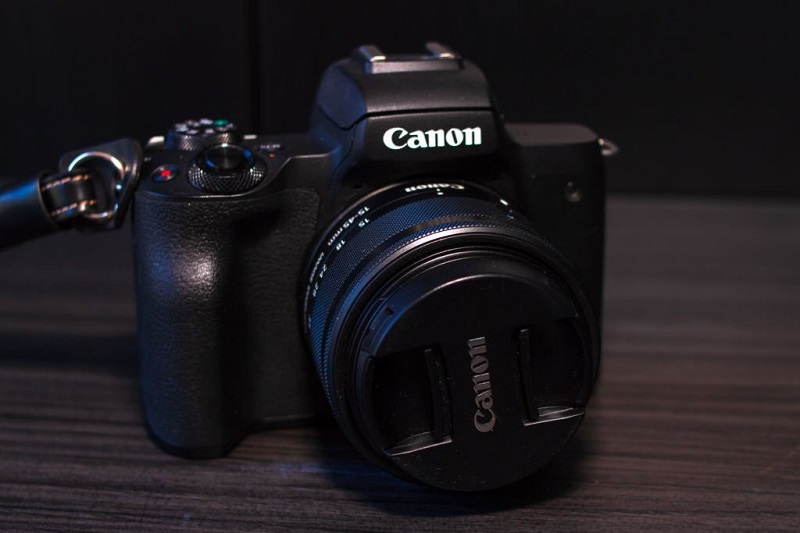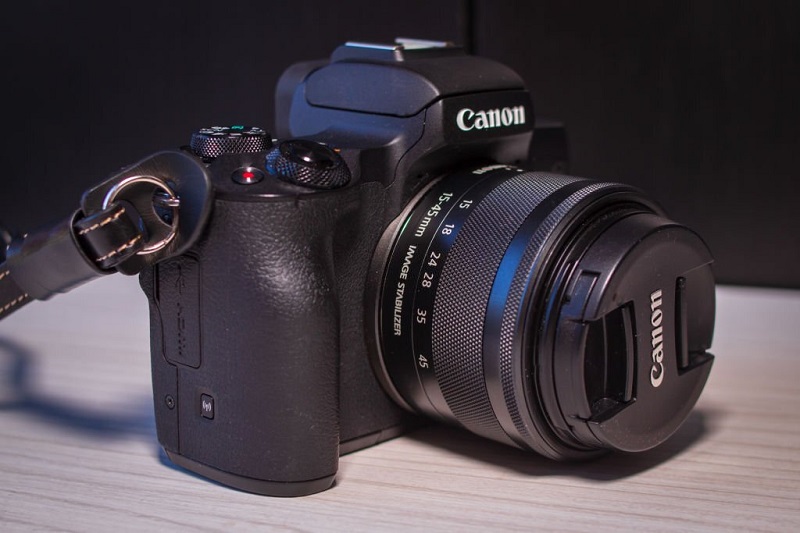Choosing the perfect Canon camera for your needs can be a daunting task, especially with the wide variety of options available in the market today. Whether you are a professional photographer, a hobbyist, or just someone who wants to capture memorable moments, it is crucial to find a camera that suits your needs and preferences. In this article, we will discuss the factors you need to consider when selecting the right Canon camera, as well as some recommendations to help you make an informed decision.
Understanding Different Types of Canon Cameras:
Before diving into the specific features and models, it is essential to understand the three main types of Canon cameras available: DSLR, mirrorless, and compact.
- DSLR (Digital Single-Lens Reflex): DSLR cameras are popular among professional photographers due to their excellent image quality, fast autofocus, and extensive lens options. These cameras use a mirror mechanism to reflect the light from the lens to the viewfinder, allowing you to see exactly what the camera will capture. Some popular Canon DSLR models include the Canon EOS Rebel T7i, Canon EOS 90D, and Canon EOS 5D Mark IV.
- Mirrorless: Mirrorless cameras are becoming increasingly popular due to their compact size, lightweight design, and advanced features. As the name suggests, these cameras do not have a mirror mechanism, allowing for a smaller body. The image is directly projected onto the camera's sensor, which you can view on the LCD screen or an electronic viewfinder. Some popular Canon mirrorless models include the Canon EOS M50, Canon EOS R, and Canon EOS RP.
- Compact: Compact cameras, also known as point-and-shoot cameras, are perfect for casual photographers and travellers who prioritize portability and simplicity. These cameras have a fixed lens and are generally more affordable than DSLR and mirrorless cameras. Some popular Canon compact models include the Canon PowerShot G7 X Mark III, Canon PowerShot SX740 HS, and Canon PowerShot G1 X Mark III.

Assessing Your Photography Needs:
Before choosing a Canon camera, it is crucial to assess your photography needs and preferences. Here are some questions to consider:
- What type of photography do you primarily focus on (e.g., portraits, landscapes, sports, wildlife)?
- Do you need a camera for professional work, or is it for personal use and hobbies?
- How important is portability and size to you?
- Are you planning to shoot videos as well?
- Do you already own Canon lenses, or are you starting from scratch?
By answering these questions, you can narrow down your options and determine which type of camera and features are most suitable for your needs.
Evaluating Key Features:
When comparing Canon cameras, it is essential to evaluate the key features that will impact your photography experience. Here are some important aspects to consider:
- Image Quality: Image quality is often the top priority for photographers. Factors that contribute to image quality include sensor size, resolution, and ISO range. In general, a larger sensor and higher resolution will produce better image quality, especially in low-light conditions. However, these features may also increase the camera's size, weight, and price.
- Autofocus System: A fast and accurate autofocus system is crucial for capturing sharp images, especially when shooting moving subjects or in challenging lighting conditions. Look for cameras with a higher number of autofocus points and advanced focusing technologies, such as Canon's Dual Pixel CMOS AF.
- Video Capabilities: If you plan to shoot videos, consider cameras with 4K resolution, high frame rates, and advanced video features such as Canon's C-Log for better colour grading flexibility. Some Canon cameras, like the EOS R5, even offer 8K video recording for professional videographers.
- Connectivity Options: Built-in Wi-Fi, Bluetooth, and NFC can make it easier to transfer images and videos to your devices or share them on social media. Some Canon cameras also offer remote control capabilities through a smartphone app.
Considering Your Budget:
Canon cameras are available at various price points, so it is essential to consider your budget when choosing a model. Keep in mind that investing in lenses and accessories can also add to the overall cost. It is often better to invest in a more affordable camera body and allocate a larger portion of your budget to high-quality lenses.
Exploring Lens Options:
One of the main advantages of Canon cameras is the extensive selection of lenses available. When choosing a camera, consider the lens compatibility and the types of lenses you may need for your photography. Canon's EF and EF-S lenses are compatible with DSLR cameras, while RF and EF-M lenses are designed for mirrorless cameras. You can also use an adapter to use EF and EF-S lenses on mirrorless cameras.

Conclusion:
Choosing the perfect Canon camera for your needs may seem overwhelming, but by understanding the different types of cameras, assessing your photography needs, evaluating key features, considering your budget, and exploring lens options, you can find the ideal camera for your unique requirements. Remember that no camera is perfect for everyone, so prioritize the features that matter most to you and enjoy the process of capturing stunning images with your new Canon camera.






Post a Comment
Note: only a member of this blog may post a comment.